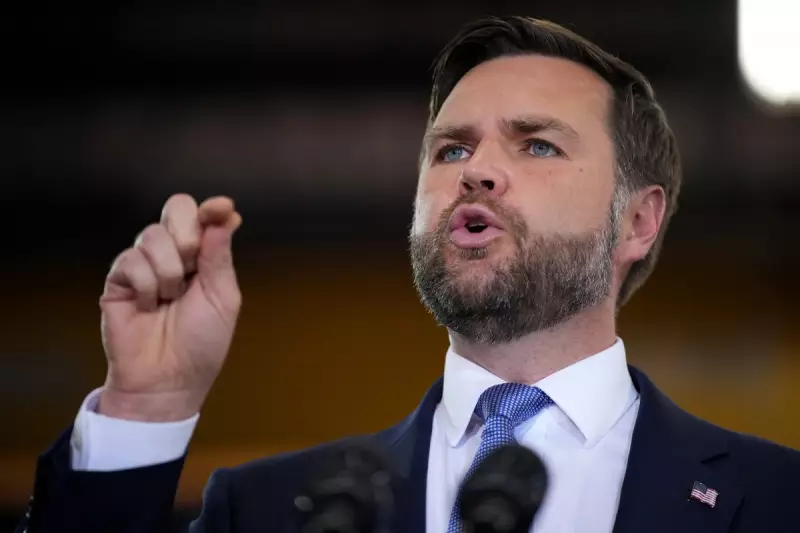
Republican Senator JD Vance, a frontrunner in Donald Trump's vice presidential selection, has ignited a firestorm with controversial remarks suggesting US military action against Venezuelan leaders.
The Ohio senator declared that if Venezuela's government "threatens the United States in any material way", the appropriate response would be to "treat them like war criminals and sink their fleet". These comments came during a podcast interview with right-wing commentator Steve Bannon.
Political Fallout and Expert Condemnation
Vance's inflammatory rhetoric has drawn sharp criticism from foreign policy experts and political opponents who describe the comments as reckless and dangerous. The suggestion of military aggression against a sovereign nation has raised concerns about potential violations of international law.
National security analysts have warned that such bellicose language could destabilise already fragile relations with Latin American partners and undermine diplomatic efforts in the region.
Venezuela's Economic Turmoil and Migration Crisis
The controversy emerges against the backdrop of Venezuela's severe economic collapse, which has triggered one of Western Hemisphere's largest migration crises. Millions have fled the country's hyperinflation and political instability, creating significant challenges for neighbouring nations and US border policy.
Vance's comments reflect a hardening stance among some Republican lawmakers toward left-leaning governments in Latin America, particularly those maintaining ties with US adversaries like Russia and China.
2024 Election Implications
As a potential vice presidential candidate, Vance's foreign policy positions are receiving heightened scrutiny. His remarks signal a likely shift toward more aggressive US interventionism should Trump return to the White House.
The incident highlights the ongoing debate within Republican circles between isolationist tendencies and neoconservative interventionism, with Vance attempting to bridge both factions through his "economic nationalism" platform.
Political observers note that such rhetoric, while appealing to Trump's base, risks alienating moderate voters and international allies concerned about American foreign policy consistency.





